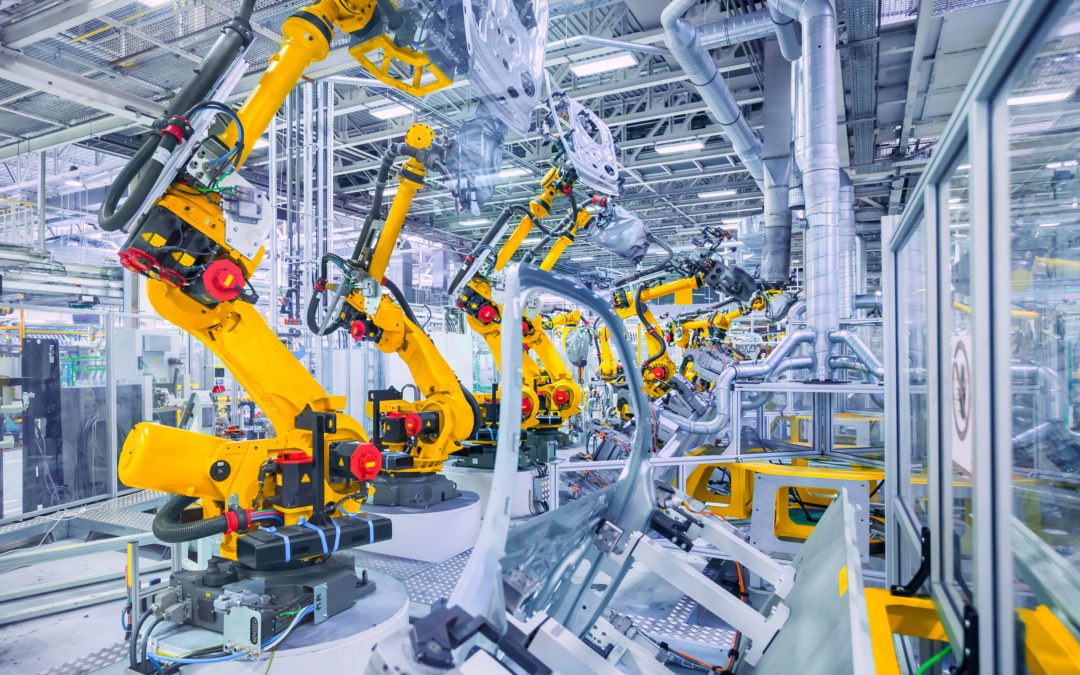When writer David Pogue attended this year’s automate conference in Chicago, he saw a glimpse at the likely future of the U.S. and the world at large. During the course of preparing for his story that later debuted on CBS Sunday Morning, Pogue wrote that he “rode in a robotic truck that drove itself down a Florida highway,” and “ate pizza that had been made by a line of robots in a Silicon Valley pizzeria.”
While these tech demos are meant to inspire, to others they could be chilling. Robots have already reduced the number of manufacturing jobs available, and they could soon replace many or most of the 3 million people driving trucks, 5 million people working in retail and half a million cab service and ridesharing drivers.
However, others expect these job losses to be offset by new opportunities and increased productivity. What automation will do to our economy as a whole, no one can say for sure, but many predict a rise in skilled computer consulting and business IT support as a result of the advanced resources needed to run an automated labor pool.
Automation Adds to Productivity, Says Bank of Canada
Some bite their nails about what may happen when automation replaces certain work opportunities, but organizations like the Bank of Canada point out how this type of technological disruption has been happening for over a hundred years.
For instance, advanced machinery and industrialized agriculture has shrunk the number of agricultural jobs in Canada down to two percent from over a third. Yet, the average Canadian’s income increased 20 times when adjusted for inflation since the industrial era, while efficiencies have lowered the costs of most goods and raised the standard of living, including adding opportunities for advancement.
“People’s spending appetite tends to grow along with productivity,” the Bank of Canada’s senior deputy governor Carolyn Wilkins explained to the Financial Post. “This phenomenon is observed not only in Canada but also in other advanced economies.”
Additionally, she points out, automation cannot yet hope to replace nuanced jobs that require complex decision making, contextual application of skills and real human-to-human interaction.
Automation as an Opportunity for Computer Consulting and Business IT Support
Innovation in the automation sector is pulling in big bucks and big interest from both upstart tech players and investors alike. Singapore, for instance, is investing billions in advancing the city-state’s chip manufacturing capabilities, including efforts to introduce more automation into the process. Tech companies in turn are taking advantage of these generous government grants to fuel growth as well as research and development.
The government’s official statement is to encourage companies to “embrace disruptive technologies” such as automation, according to the Ministry of Trade and Industry and Reuters. “These measures will help ensure the manufacturing sector in Singapore remains globally competitive.”
In addition to advancing opportunities for manufacturing, automation also introduces openings for players in AI, applications, networking and the IT support services needed to ensure that automated production lines experience minimal downtime and stay current on best practices.
Similarly, your own business could benefit from ensuring that all of its technological resources are up-to-date, secure and running optimally. If you would like advice from a computer consulting and business IT support company in Stamford, then do not hesitate to look to a partnership from U.S. Computer Connection — regardless of how many robots you have on the payroll!

